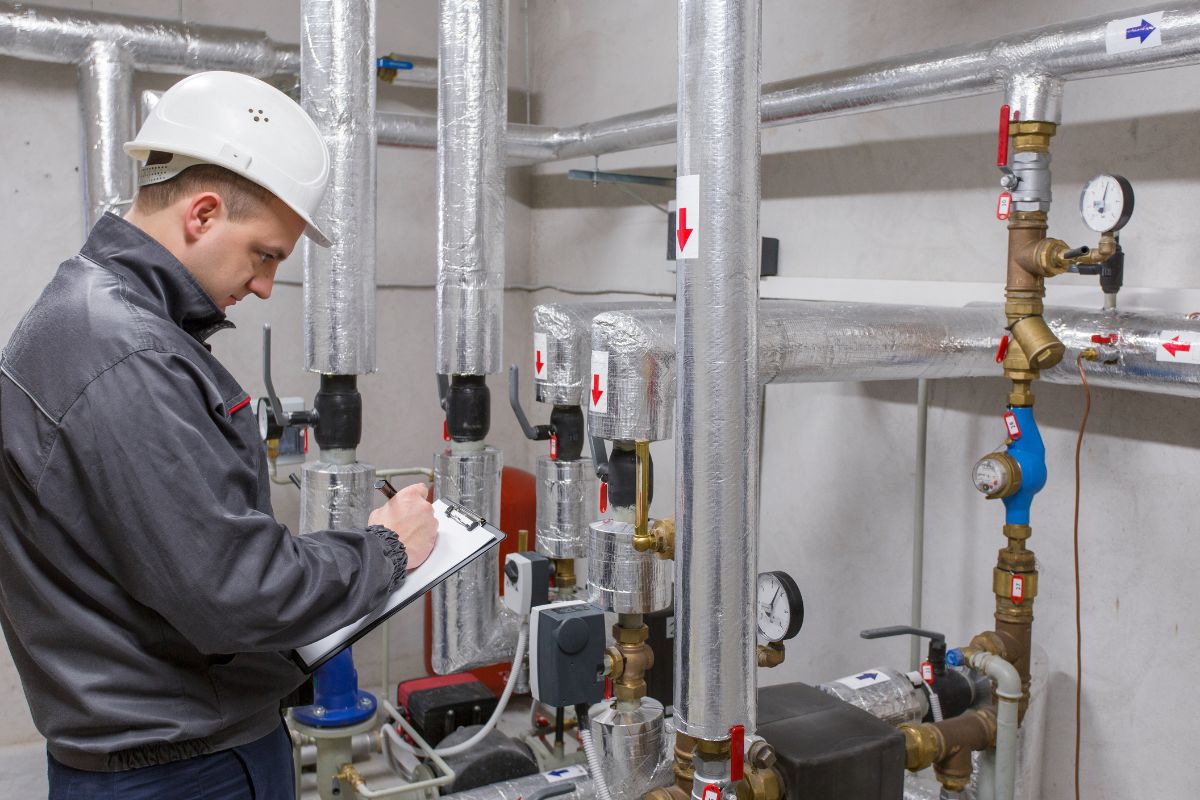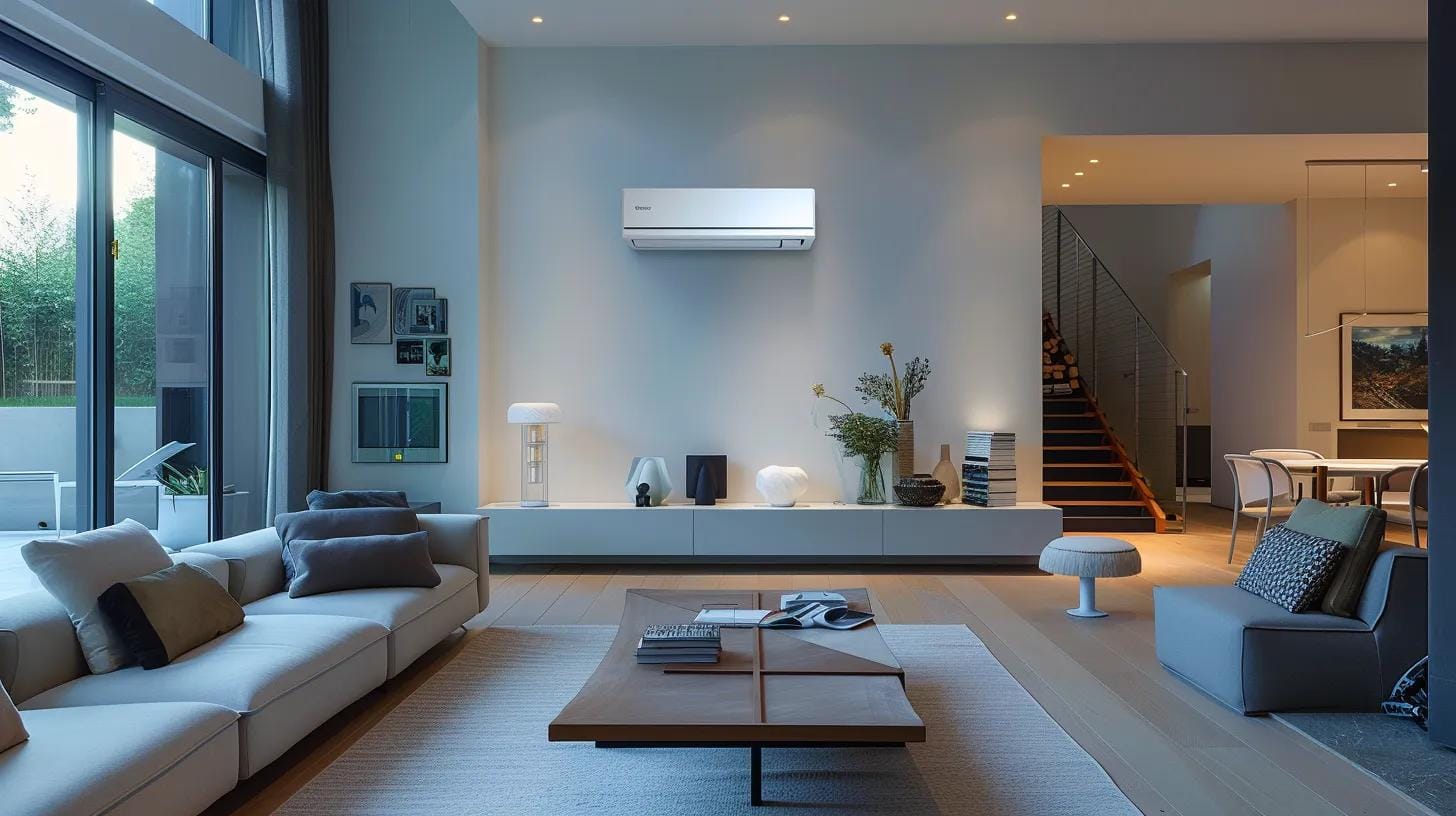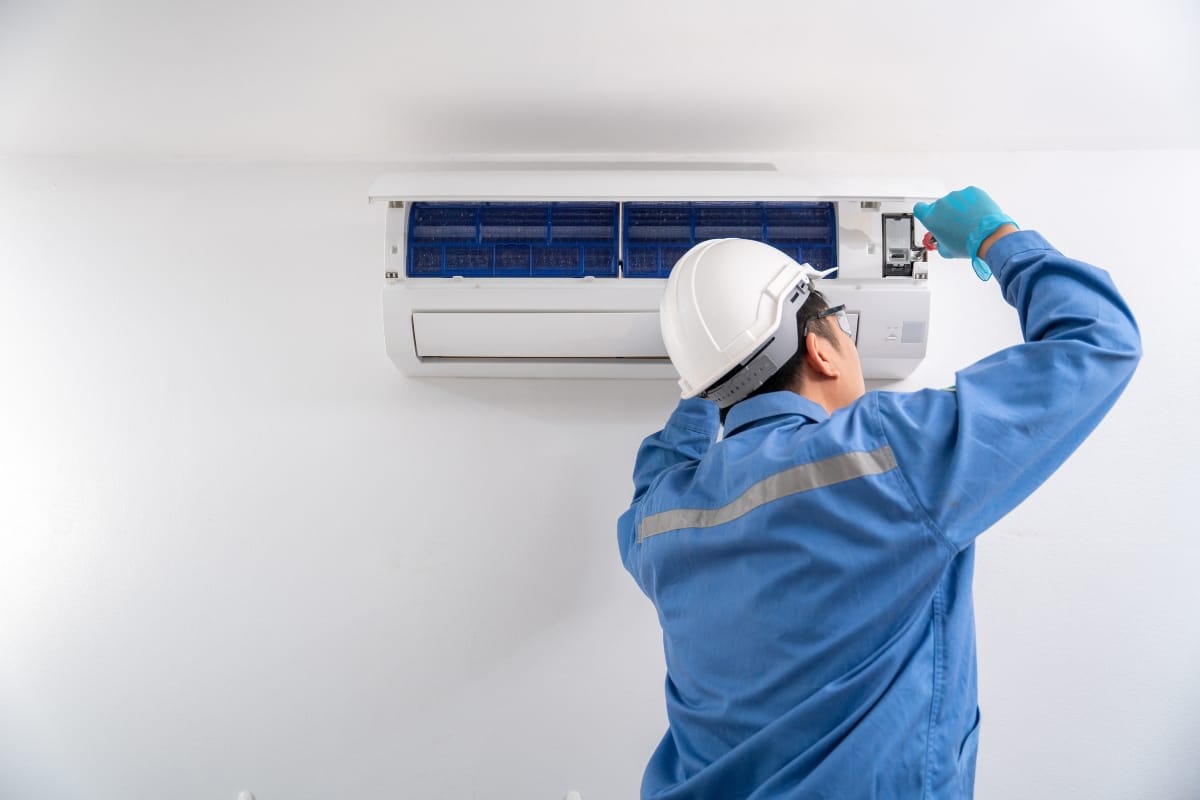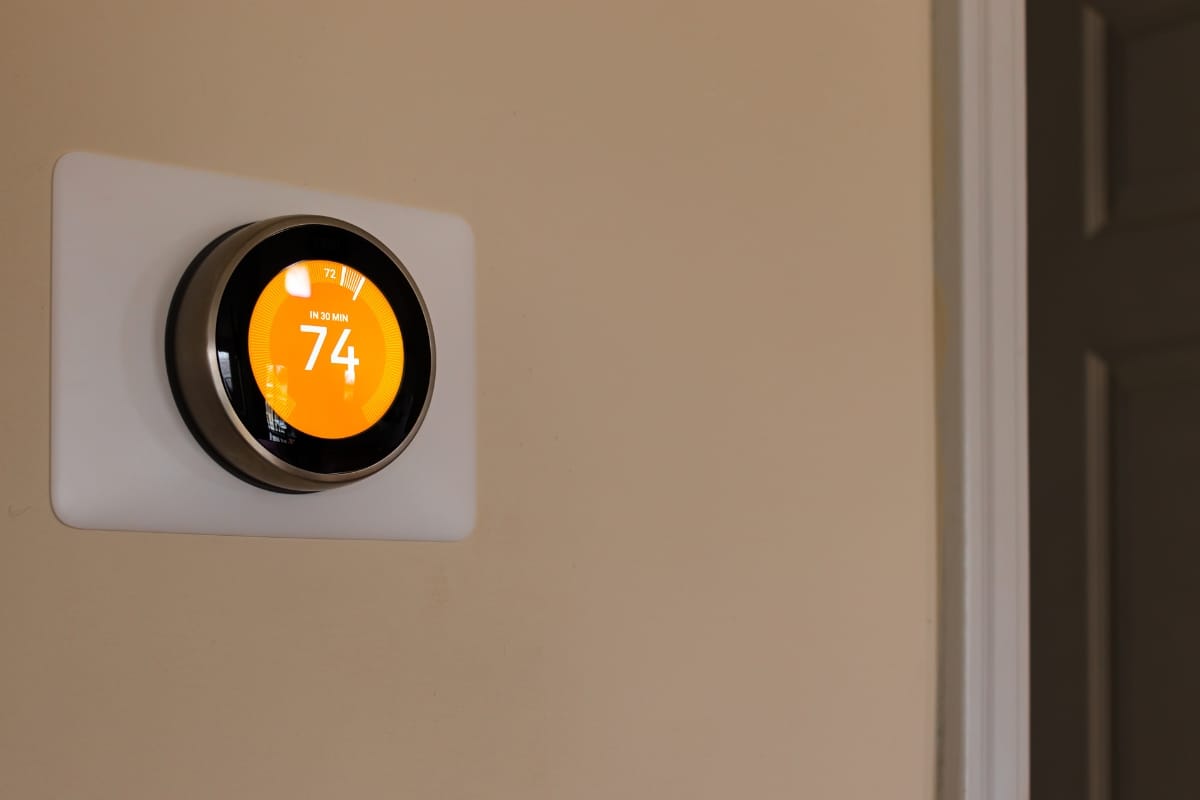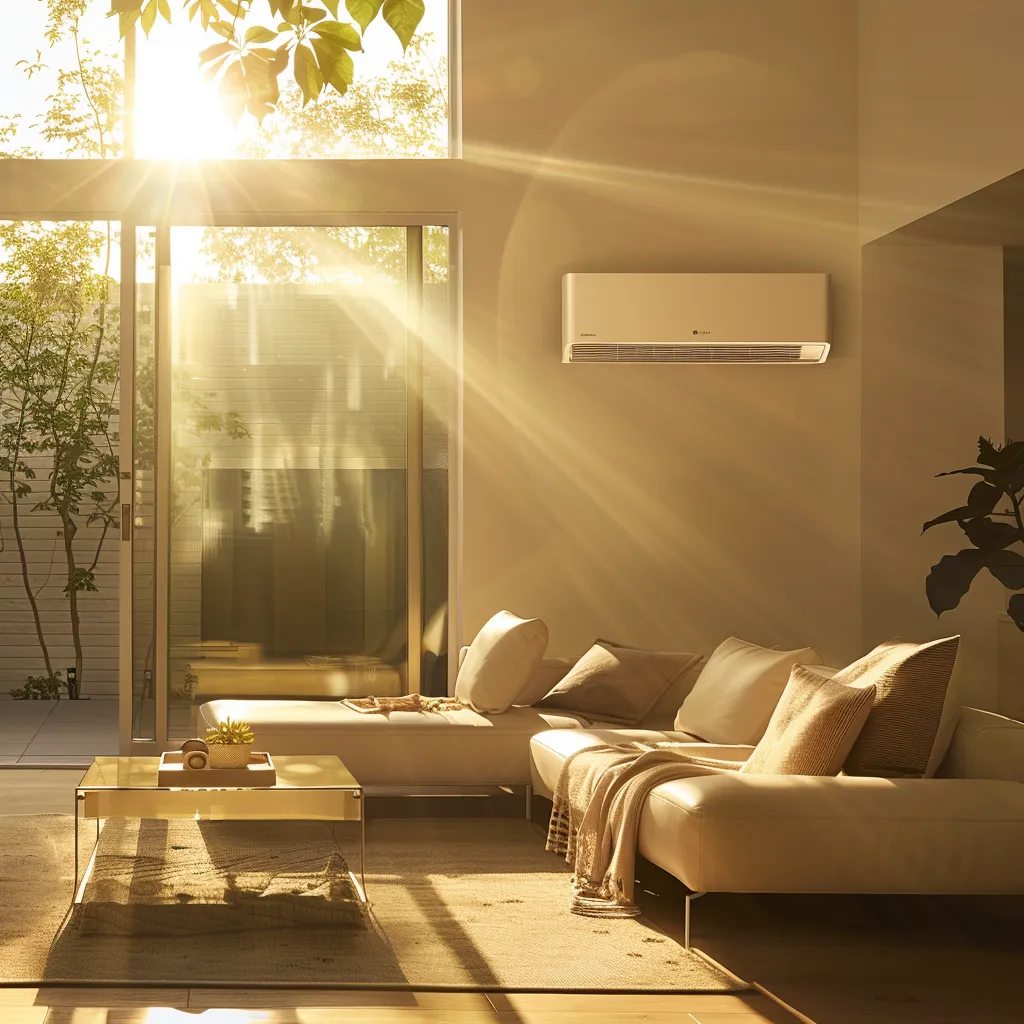Your HVAC system plays a crucial role in maintaining a comfortable indoor environment in your home. It encompasses heating, ventilation, and air conditioning components that work together seamlessly. However, your HVAC system may experience wear and tear over time, leading to inefficiencies and potential issues.
This is where HVAC system analysis comes into play. It involves a comprehensive assessment of your system’s performance, efficiency, and overall health. By conducting regular HVAC system analysis, you can identify potential problems early, improve energy efficiency, and ensure optimal indoor comfort for you and your family. In this guide, we’ll delve into the details of HVAC system analysis and its numerous benefits for homeowners like you.
Learn About HVAC System Analysis
Components of an HVAC System
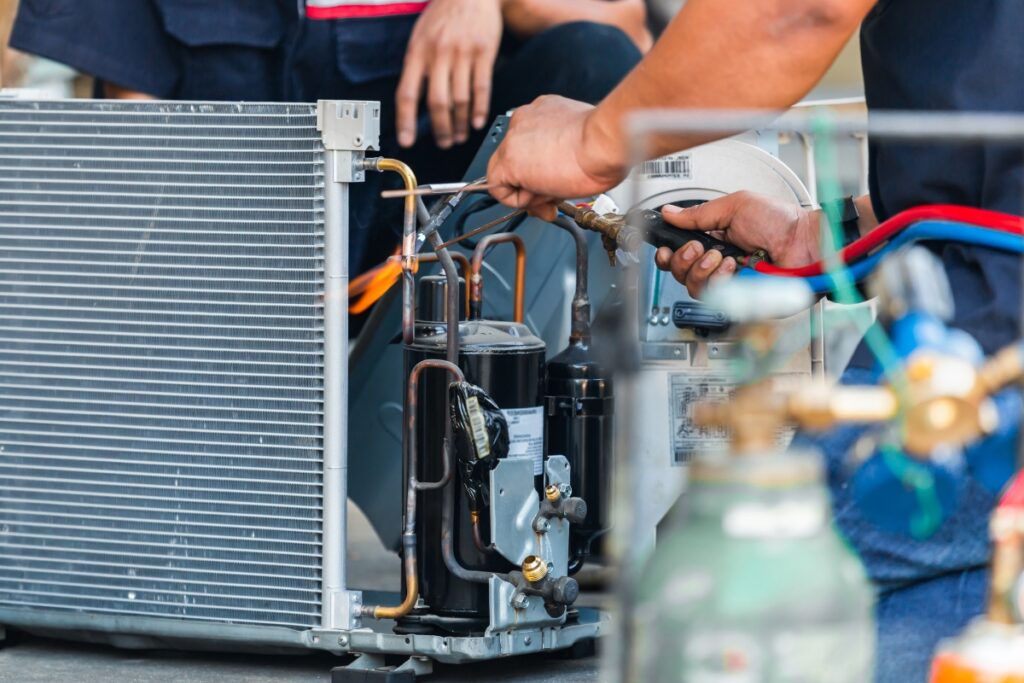
Your HVAC system is a complex network of components designed to keep your home comfortable throughout the year. Let’s break down its key parts:
- Heating: The heating component of your HVAC system is responsible for warming your home during colder months. This is typically achieved through a furnace, boiler, or heat pump that circulates warm air or water through your home’s ductwork or radiators.
- Ventilation: Ventilation ensures proper airflow and air quality within your home. It includes mechanisms such as air ducts, vents, and fans that distribute fresh air from outside and remove stale air from inside. Ventilation also plays a crucial role in maintaining healthy indoor air by filtering out pollutants and allergens.
- Air Conditioning: When the weather heats up, the air conditioning component of your HVAC system kicks in to cool your home. This is usually achieved through a central air conditioning unit that circulates refrigerant through coils to remove heat from indoor air, providing a cool and comfortable environment.
These components work together harmoniously to maintain indoor comfort. For example, during winter, the heating system warms the air, while in summer, the air conditioning system cools it. Ventilation ensures that this conditioned air is distributed evenly throughout your home, ensuring consistent comfort in every room.
Signs Your HVAC System Needs Analysis
Your HVAC system is a vital part of your home, but like any complex system, it can experience issues over time. Here are some common signs that indicate your HVAC system might need analysis or improvement:
- Inconsistent Temperature Control: Do you notice significant temperature variations between different rooms or areas of your home? This could be a sign that your HVAC system is struggling to maintain consistent temperatures, which may require analysis to identify the underlying cause.
- Unusual Noises: Pay attention to any strange noises coming from your HVAC system, such as banging, rattling, or squealing sounds. These noises can indicate mechanical issues or worn-out components that need attention.
- Increased Energy Bills: Have you noticed a sudden spike in your energy bills without a corresponding increase in usage? This could be due to inefficiencies in your HVAC system, such as leaks in ductwork, a malfunctioning thermostat, or an aging system that’s no longer operating efficiently.
- Poor Air Quality: If you or your family members experience respiratory issues or allergies indoors, it could be a sign of poor indoor air quality. An HVAC system analysis can assess air filtration, ventilation, and humidity levels to improve indoor air quality and your overall health.
- Frequent Repairs: Are you constantly dealing with HVAC system breakdowns or requiring frequent repairs? This pattern could indicate underlying issues that need to be addressed by thoroughly analyzing your system’s performance and condition.
- System Age: Consider the age of your HVAC system. If it’s approaching or past its expected lifespan (usually around 10-15 years for most systems), it may be time to conduct a comprehensive analysis to assess its efficiency and potential need for replacement or upgrades.
By recognizing these signs and symptoms, you can proactively address potential issues with your HVAC system and ensure optimal performance and comfort in your home.
Common Issues Found During HVAC System Analysis
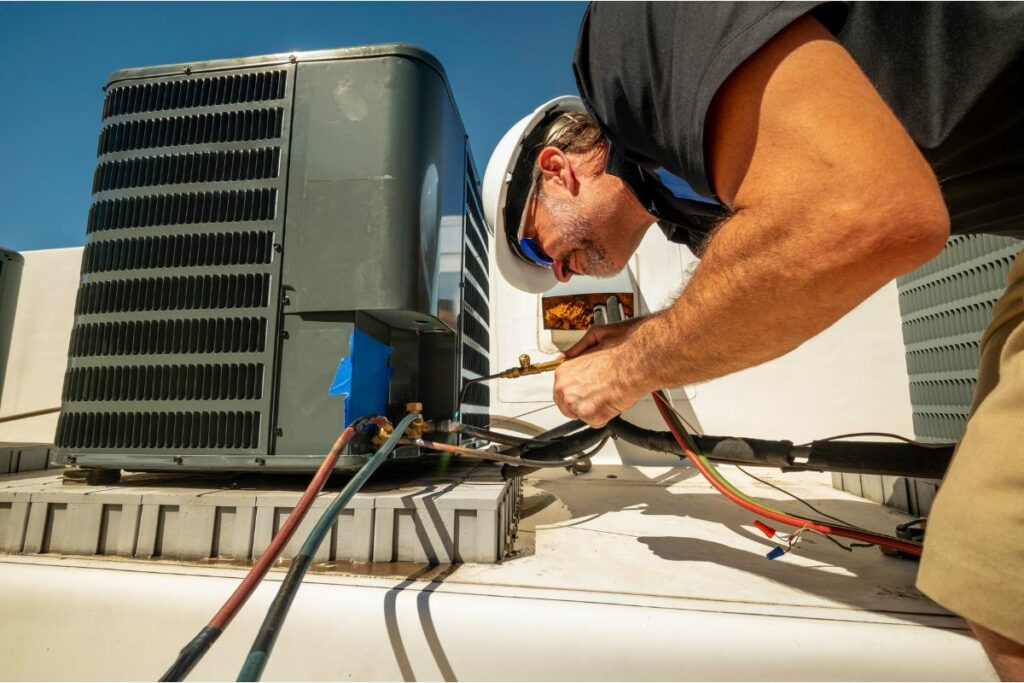
During an HVAC system analysis, homeowners may uncover several common HVAC issues that can impact the performance and efficiency of their systems. Some of these issues include:
Duct Leaks: Leaks in the ductwork can lead to air loss, reducing the effectiveness of heating and cooling. Identifying and sealing duct leaks during an analysis can improve system efficiency and indoor comfort.
- Improper Sizing: HVAC systems that are either too large or too small for the space they serve can result in inefficient operation and uneven temperature distribution. Correcting improper sizing ensures optimal performance and energy efficiency.
- Dirty Filters: Dirty or clogged air filters can restrict airflow, strain the system, and reduce indoor air quality. Regularly replacing or cleaning filters is essential for maintaining system efficiency and air cleanliness.
- Outdated Equipment: Older HVAC equipment may lack energy-efficient features or have worn-out components that hinder performance. Upgrading modern, energy-efficient equipment can significantly improve system efficiency and reduce energy costs.
- Refrigerant Leaks: Leaking refrigerant can reduce cooling capacity and increase energy consumption. Identifying and repairing refrigerant leaks during analysis is crucial for maintaining system performance and efficiency.
- Thermostat Issues: Malfunctioning thermostats can cause inaccurate temperature readings and improper system operation. Calibrating or replacing thermostats as needed ensures accurate temperature control and efficient system operation.
- Poor Insulation: Inadequate insulation in walls, windows, or attic spaces can lead to heat loss in winter and heat gain in summer, putting additional strain on HVAC systems. Improving insulation during an analysis helps optimize energy efficiency and comfort.
Addressing these common issues discovered during HVAC system analysis can help homeowners improve system performance, enhance energy efficiency, and prolong the lifespan of their HVAC equipment. Regular maintenance and timely repairs are key to ensuring a well-functioning HVAC system.
Cost Considerations
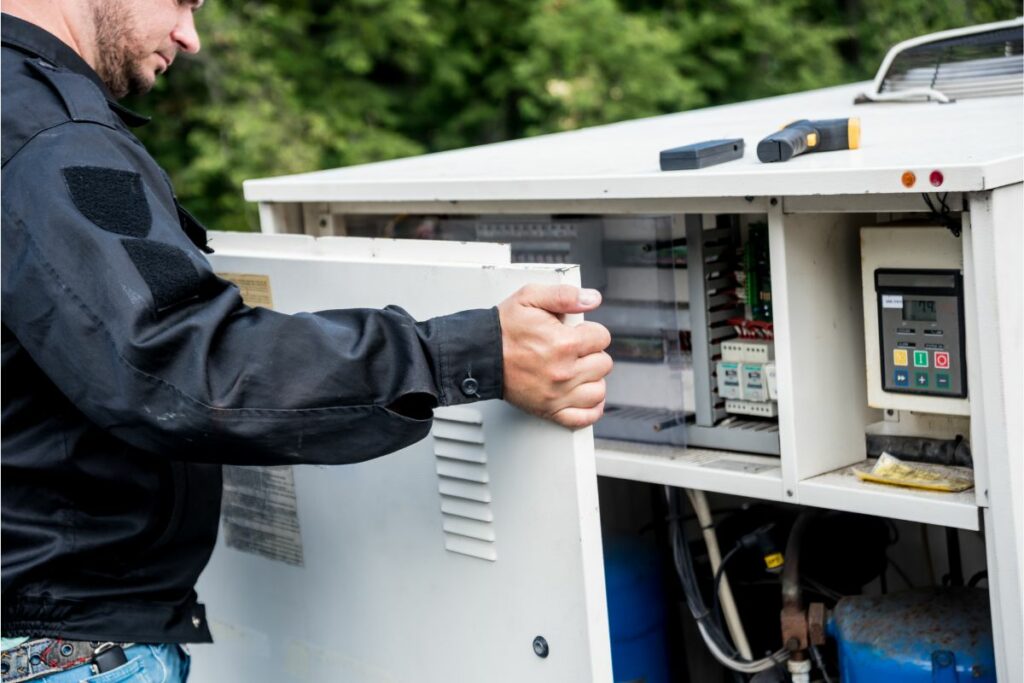
When considering HVAC system analysis, it’s important to understand the cost implications and how to budget effectively for maintenance and potential upgrades or repairs:
- HVAC System Analysis Cost: The cost of hiring a professional HVAC technician or company to conduct a thorough analysis of your system can vary depending on factors such as the size of your home, the complexity of your HVAC system, and the extent of analysis required. It’s advisable to obtain multiple quotes and compare services before choosing a provider.
- Potential Upgrades or Repairs: Based on the findings of the analysis, you may need to budget for potential upgrades or repairs to address identified issues. This could include sealing duct leaks, replacing filters, calibrating thermostats, repairing refrigerant leaks, or upgrading to energy-efficient equipment. Obtain cost estimates for these services and prioritize based on urgency and budget constraints.
- Energy Efficiency Improvements: Investing in energy-efficient upgrades, such as installing programmable thermostats, upgrading to high-efficiency HVAC equipment, or improving insulation, can result in long-term cost savings on energy bills. While upfront costs may be higher, the return on investment in terms of energy savings and improved comfort can be significant.
Budgeting Tips:
- Plan for Regular Maintenance: Budget for regular HVAC system maintenance, including inspections, cleanings, and tune-ups, to ensure optimal performance and prevent costly breakdowns.
- Set Aside Emergency Funds: Have a contingency fund for unexpected HVAC repairs or replacements that may arise outside of scheduled maintenance.
- Explore Financing Options: Some HVAC companies offer financing options or payment plans for major upgrades or replacements, making it easier to manage upfront costs.
- Take Advantage of Rebates and Incentives: Research available rebates, tax credits, or incentives for energy-efficient HVAC upgrades or installations, which can offset costs and improve overall affordability.
By budgeting effectively and prioritizing maintenance and upgrades based on cost-effectiveness and immediate needs, you can ensure that your HVAC system remains efficient, reliable, and cost-effective in the long run.
Make HVAC System Analysis a Priority
prioritizing HVAC system analysis is essential for maintaining a comfortable, efficient, and healthy indoor environment. By proactively addressing potential issues and optimizing system performance, you can enjoy the following benefits:
- Comfort: A well-maintained HVAC system ensures consistent temperature control and optimal indoor comfort throughout your home, regardless of external weather conditions.
- Efficiency: HVAC system analysis helps identify and rectify inefficiencies, such as air leaks, outdated equipment, or improper sizing, leading to improved energy efficiency and reduced utility bills.
- Health: Enhancing indoor air quality through HVAC system analysis promotes a healthier living environment by reducing allergens, pollutants, and contaminants that can affect respiratory health.
- Longevity: Regular maintenance and timely repairs identified through analysis can prolong the lifespan of your HVAC equipment, saving you money on premature replacements.
Ready to optimize your HVAC system for peak performance? Look no further than CoolPro Heating & Cooling. Our team of Atlanta HVAC experts specializes in comprehensive HVAC system analysis to ensure your home is comfortable, efficient, and healthy year-round.
Take the first step towards a better-performing HVAC system. Call us today at 770-694-6232 to schedule your system analysis. Let’s make your home the epitome of comfort and efficiency!

